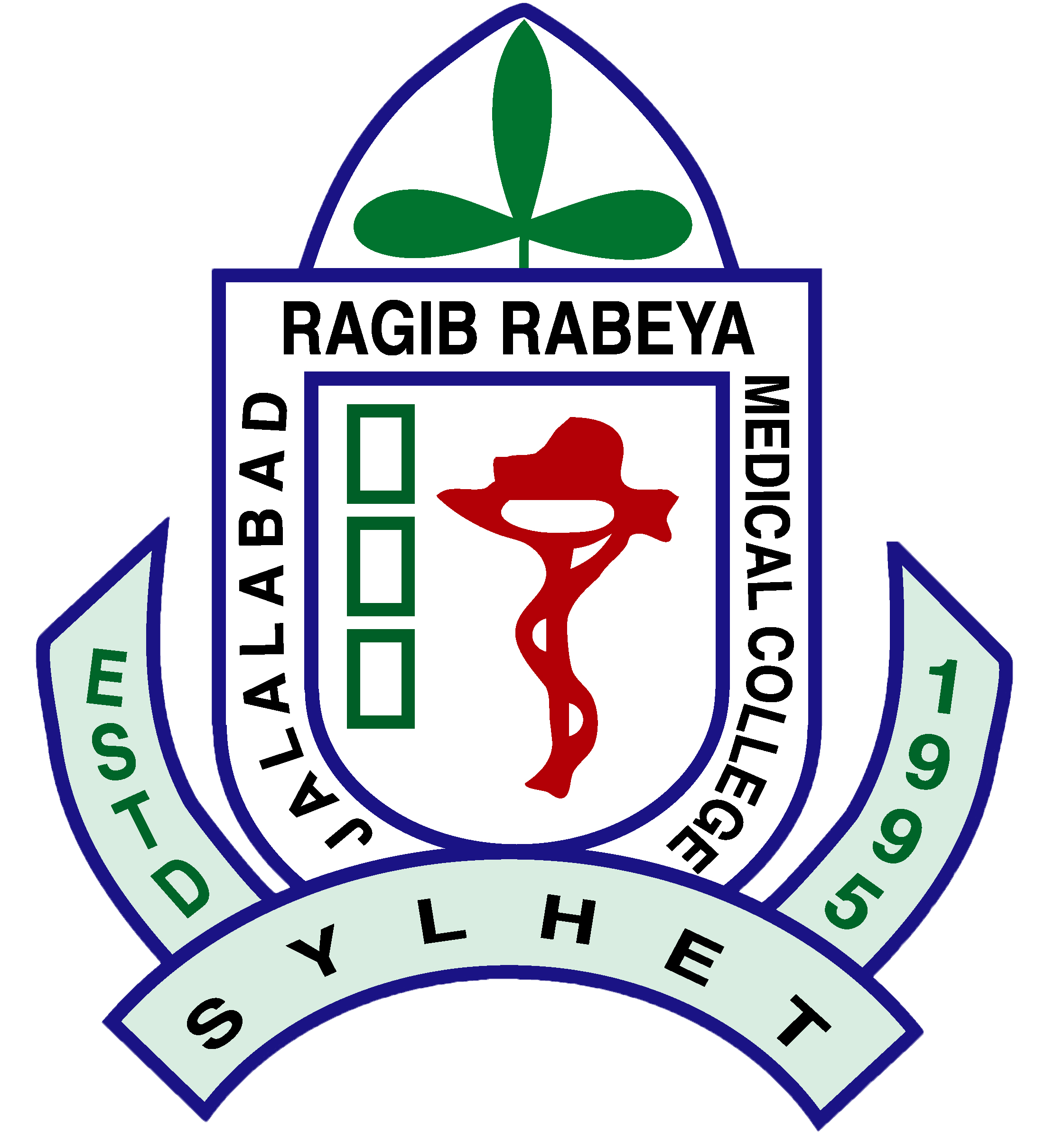

Title : Knowledge and Practice on Antenatal Care among Rural Mothers |
|
|---|---|
| Published by -Jalalabad Medical Journal | PDF Page : 6-10 |
| DOI : | |
Antenatal care (ANC) includes care during pregnancy, and it should begin in the early stages of pregnancy. It allows management of pregnancy, detection and treatment of complications, and promotion of better maternal and child health. This cross-sectional study was conducted in the village of Phulbari, Golapgang, Sylhet, Bangladesh from January to December 2018 with the aim of assessing the level of knowledge and practice of antenatal care among 384 women of reproductive age who had at least one child and had delivered the last child within two years from the period of data collection. Purposive sampling was used for data collection, and data were collected via face-to-face interviews with a semi-structured, pretested questionnaire and analysed using the Statistical Package for Social Science (SPSS) version 17. The mean age of women was 26.44±5.42 years and the average monthly income was 8915.89±5078.85 Tk. The reproductive history of the women revealed that the mean age at marriage, first child birth, and parity were 19.21±2.41 years, 20.40±2.58 years, and 2.23±1.17 respectively. Among the mothers, 38% knew about the recommended four antenatal visits, while 19% had no knowledge about antenatal visits. More than half of the mothers (59%) didn't know that they had to go for an antenatal visit in the first trimester. Regarding antenatal care, among 384 respondents, 301 (78.4%) had a good knowledge score, while 83 (21.6%) had a poor knowledge score, and 272 (70.9%) had a good practice score, while 112 (29.1%) had a poor practice score. Of the 384 responders, 147 gave birth in medical facilities and 237 did so at home. In hospital deliveries, 140 (95.3%) of the mother received ANC, compared to 176 (74.3%) in home deliveries. The difference was statistically significant (p=0.004). A total of 82.2% of rural mothers received antenatal care during their last pregnancy. Women in rural settings are vulnerable due to poor antenatal health care and are exposed to the risk of pregnancy and childbirth. Appropriate health education activities, continuous database upgrade of pregnant mothers, and improved domiciliary services may increase the level of knowledge and practice of antenatal care among rural women, which may improve maternal health and decrease maternal and infant morbidity and mortality.
Key words: Knowledge, Practice, Antenatal care.